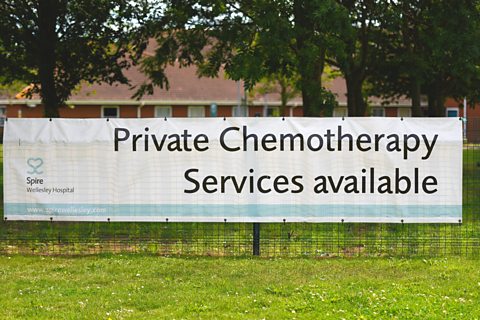Impact of voluntary sector and private sector on social inequalities
Both the voluntary sector and the private sector play a part in helping to reduce social inequalities.
Non-government responses to social inequalities
Governments are not the only institutions working to address social and economic inequalities - the voluntary and private sector also play a supporting role.
Voluntary sector
Outside of government, there are many different voluntary organisations helping to tackle social and economic inequality. Across Scotland and the UK, many voluntary organisations or charities have been established and these help support people in terms of homelessness, health and discrimination. Often these voluntary organisations тplug the gapsт or provide additional support that goes beyond what the Welfare State provides.
One of the best known voluntary areas of additional voluntary support is food banks. According to House of Commons Library, there were around 2,500 food banks in operation in the UK in 2023. The Trussell Trust, Britainтs largest food bank network, handed out 2.5 million three-day supply food parcels between 2020 and 2021.
Most people who receive food from these banks are on low incomes or awaiting benefit payments. However, a significant proportion of the supplies go to people who are working.
Another voluntary organisations that aims to provide support to people in need is Shelter Scotland. As well as providing advice for people who are homeless or who are struggling to find a place to call a home of their own, Shelter Scotland also campaigns to raise awareness in government and with the public of the impact homelessness has on individuals and families. Shelter Scotland also undertakes research which helps inform decision makers of the impact of policy changes including those introduced by government.
Private sector

The private sector is made up of companies and organisations which are separate from government and run for a profit. The private sector does have a role to play in delivering services such as education and health but there is a debate as to whether private sector involvement in these areas reduces inequality in social and economic inequality in society or widens social and economic inequality in society.
Private health care is available for those able to afford it. Health care services т such as dental care or mental health counselling т are often provided by employers in workplace schemes through private medical insurance. However, those on limited incomes or who are without work most often wonтt have access to private healthcare.
The private sector has also helped build new schools and hospitals in partnership arrangements with governments and local councils. Usually the private companies pay for and build the new buildings and then rent them to the councils or government. The appeal of these partnerships for governments is they do not have to provide funds upfront to pay for construction.
Finally, around 4.2% of pupils in Scotland go to independent or private schools that are not part of local authority or council education provision. In 2022, 29,414 pupils received their education in 71 independent schools in Scotland. For pupils from less affluent backgrounds there may be fee assistance or a bursary available to help cover the cost of private education fees.